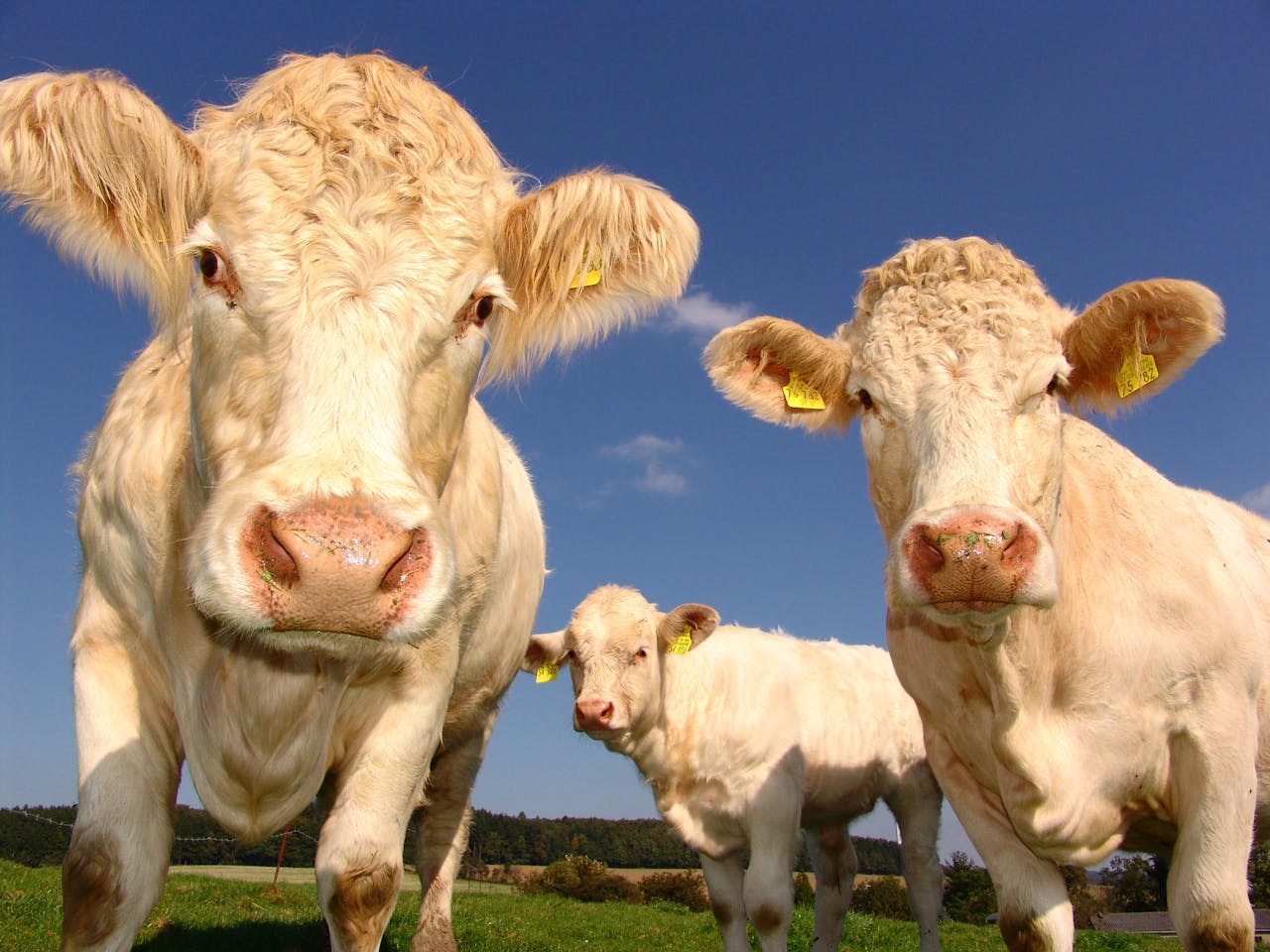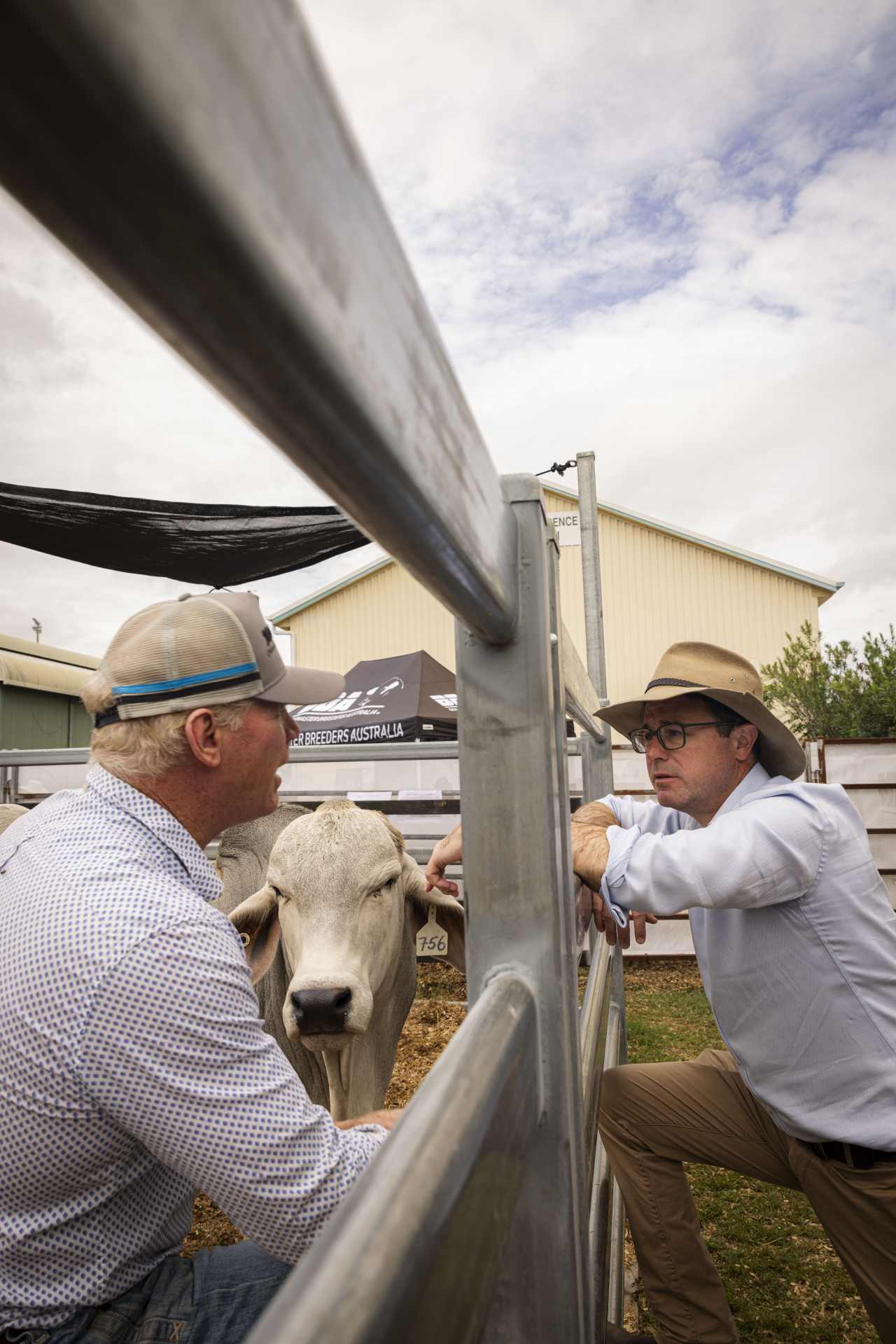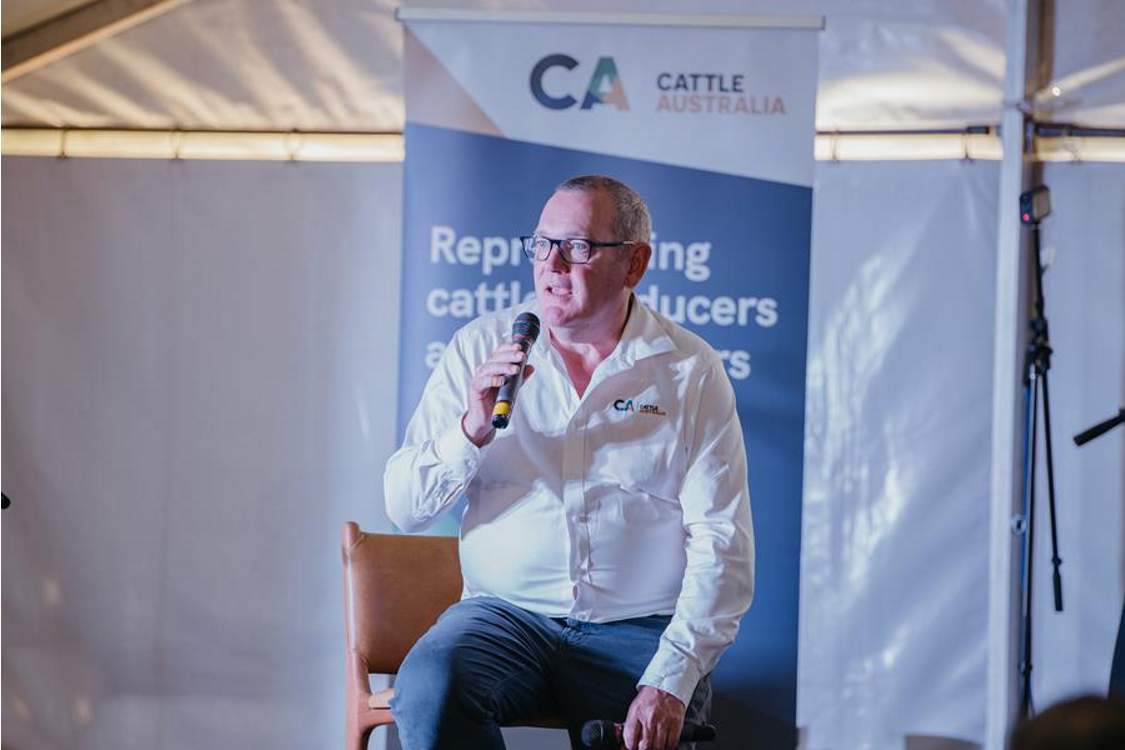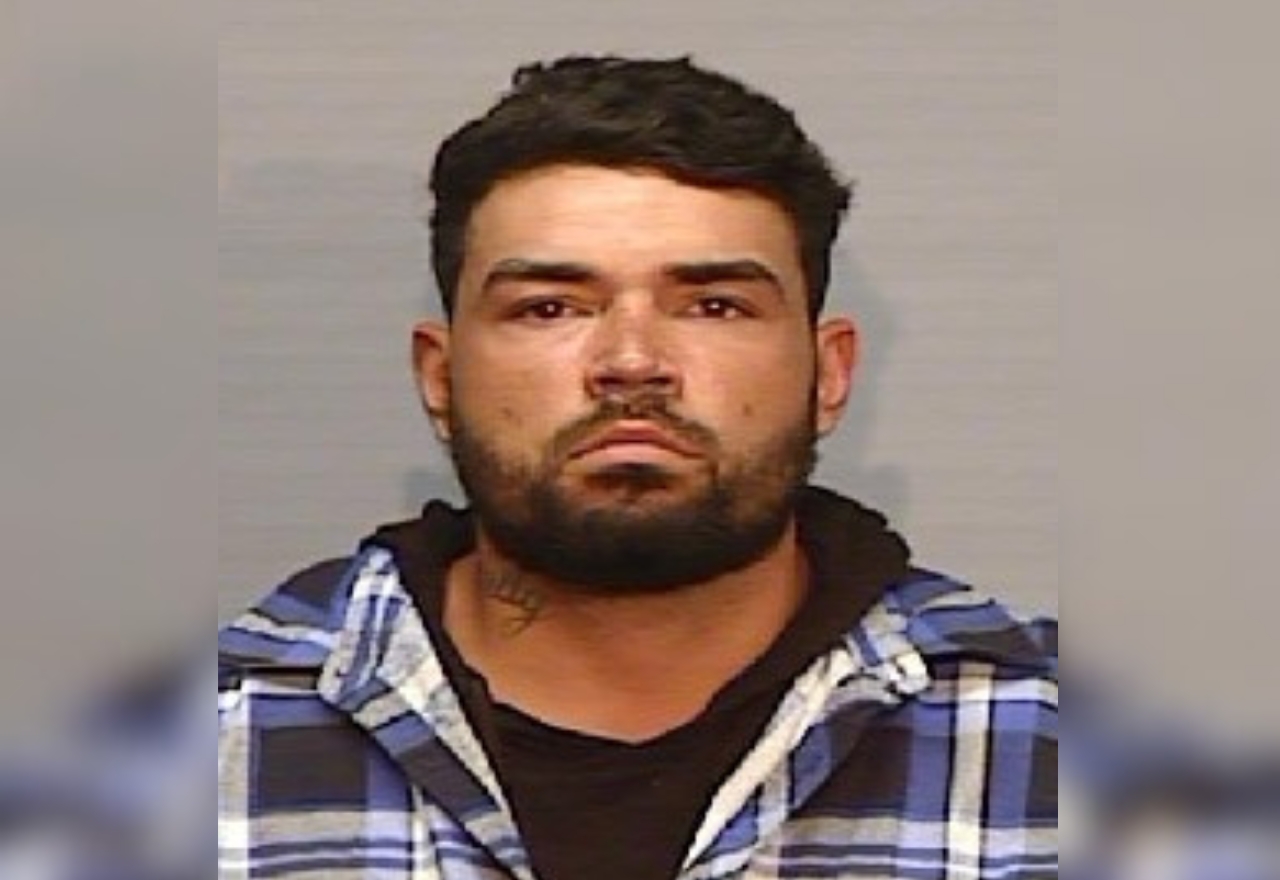Biosecurity arguments against US beef imports continue to mount
Ailish Dwyer
02 August 2025, 9:40 PM
 Cattle Australia has called for an independent inquiry into the decision to allow US beef into the Australia. [IMAGE: Pixabay]
Cattle Australia has called for an independent inquiry into the decision to allow US beef into the Australia. [IMAGE: Pixabay]Australian beef producers are concerned about the integrity of Australia's biosecurity.
From Monday 28 July cattle reared in Canada and Mexico but slaughtered in the United States will be allowed into the country.
Back on 28 March this year, Australia's Inspector-General of Biosecurity Dr Lloyd Klumpp recommended the Department of Agriculture, Fisheries, and Forestry (DAFF) should review the Scientific Advisory Group and focus on expanding the group’s role to provide technical oversight for non-regulated import risk analyses.
Nationals Leader David Littleproud has accused Labor of ignoring the Inspector-General of Biosecurity' advice.
“It appears there has been no peer review of this decision,” Mr Littleproud said.
“That is why I requested an Independent Review. It is clear further investigation is needed, which is why the Coalition is also calling for a Senate Inquiry.”

Nationals Leader David Littleproud (right) has called for an independent Senate Inquiry into the decision to allow cattle raised in Mexico and Canada but slaughtered in the US into Australia. [IMAGE: supplied].
Cattle Australia has backed the call for an independent review into the decision to allow US beef imports.
CEO of Cattle Australia Dr Chris Parker, says an independent inquiry is necessary because of the lack of consultation with the industry.
"The Government’s report lacks any detail or evidence of Australian government officials having observed the process of Mexican live cattle imports into the US," Dr Parker said.
"It seems the department officials only inspected Canadian procedures but not Mexican.
"If this is the case, it is completely unacceptable.
"It chose not to provide details to industry; it chose to provide notice to industry of its plans to release its report less than 24 hours before it occurring; and it chose to then amplify the announcement in the media with confused messaging and the lack of certainty in the risk assessment itself.
"This issue and our industry are too important to just be lost in a bureaucratic fog."

Dr Chris Parker says the Government made the changes without consulting the industry. [IMAGE: Cattle Australia].
Coonamble-based agricultural business owner, David Chadwick, said any compromises to Australia's biosecurity would be disastrous.
"We've already been given fire ants, white spot disease in the prawn industry, tomato brown rugose fruit virus [ToBRFV] from imported food and none of those outcomes were intended," Mr Chadwick said.
"We're the largest food exporter per capita on the planet with the highest production costs in the world.
"We survive because Australians are the most efficient farmers in the world, but our costs are carried via our clean green image which allows us to enjoy premium prices."
Voices throughout the industry continue to clamour for the Albanese Government to revisit its decision or ramp up scientific oversight of the process.
It comes after an outbreak of the viral Lumpy Skin Disease (LSD) in came into Southern Europe from North Africa in mid-June this year, showing how quickly a local problem can become global.
LSD is a viral disease of cattle that is transmitted by biting insects, such as mosquitoes or buffalo fly, that results in hide damage, weight loss, reduced milk production and reproductive impairment.
Infected cattle were first detected on June 23 2025 on the island of Sardinia in Italy, before spreading further north in the country.
A week later LSD was detected in the Savoie region of France near the Swiss border.
Cattle Australia has recently collaborated with the Commonwealth Department of Agriculture Fisheries and Forestry and the Australian Centre for Disease Preparedness to begin new research focussed on the testing of insects for the presence of LSD, in a preventative effort to stop the disease from coming into Australia.



